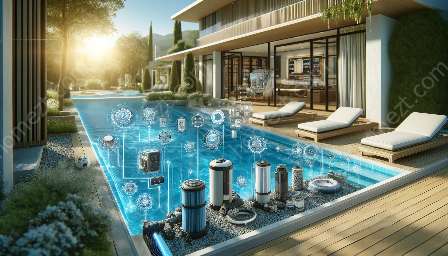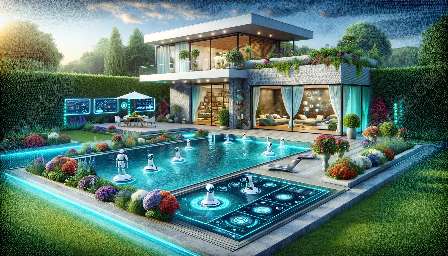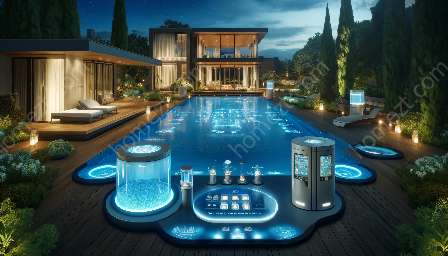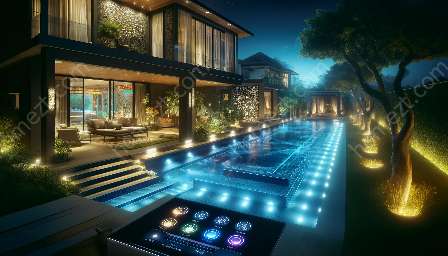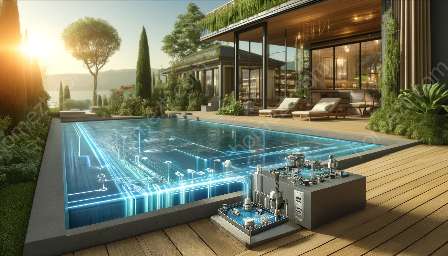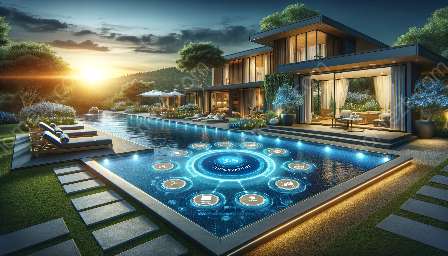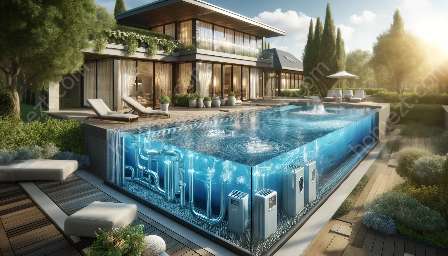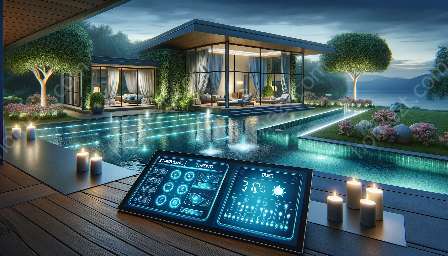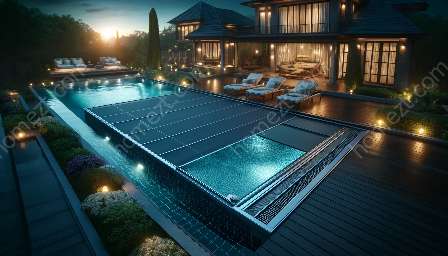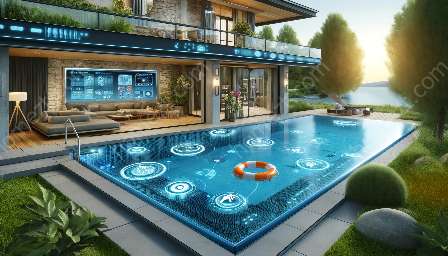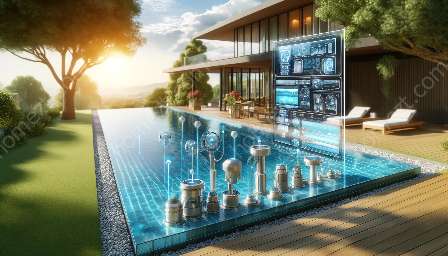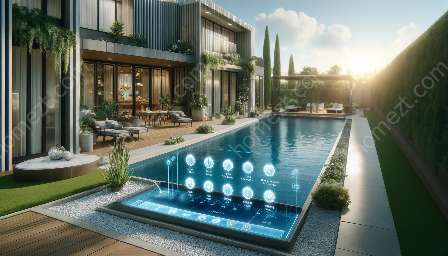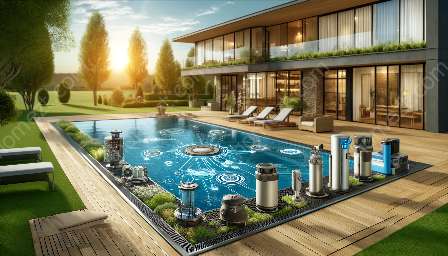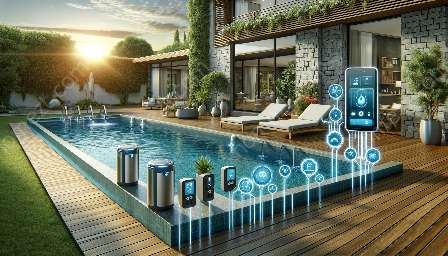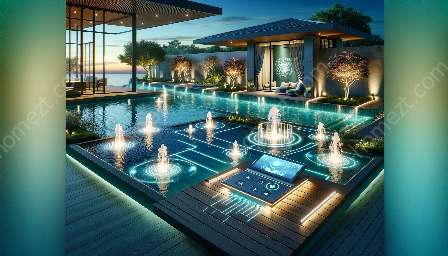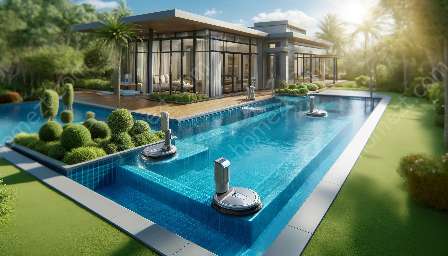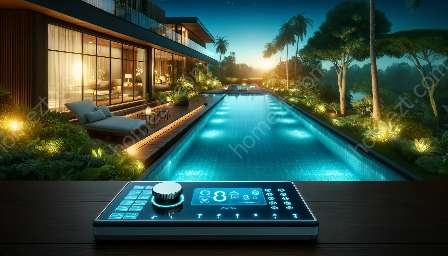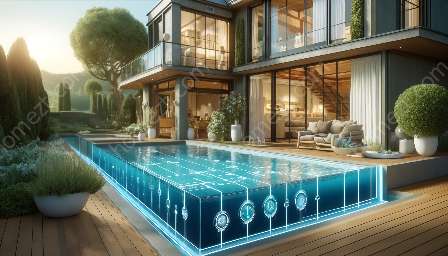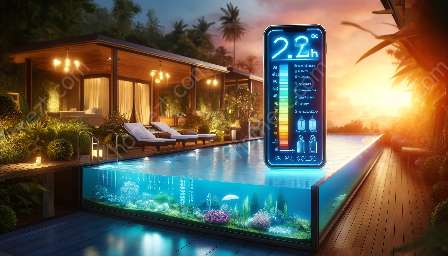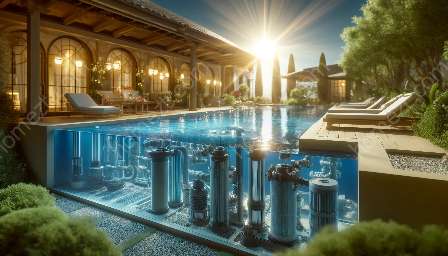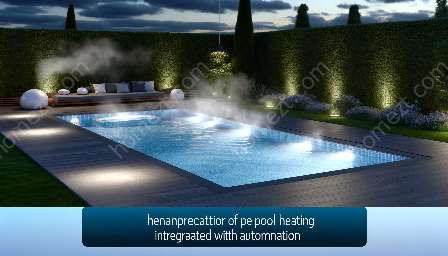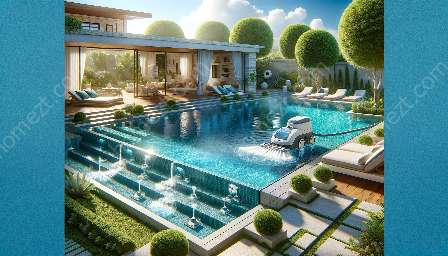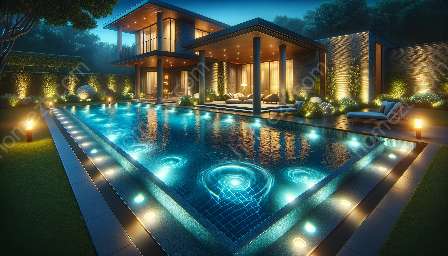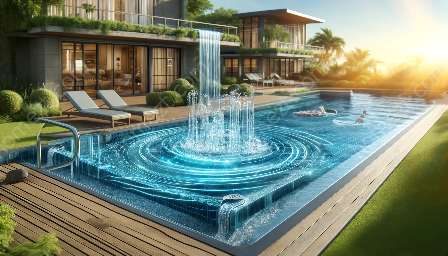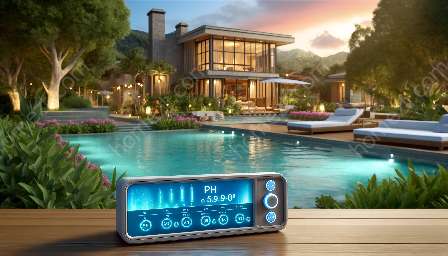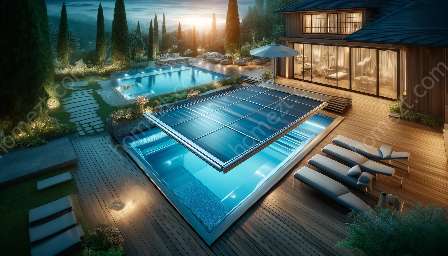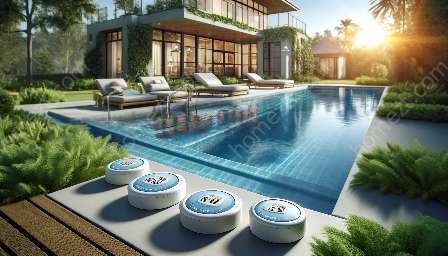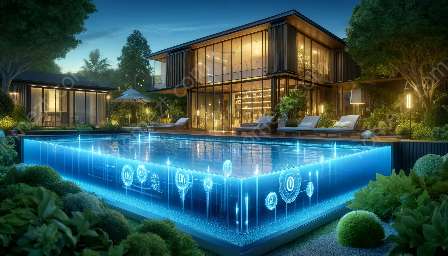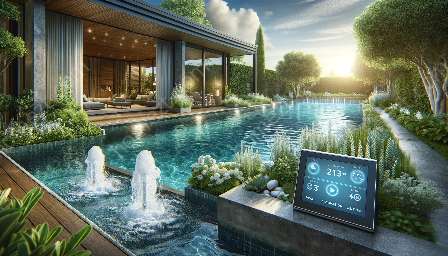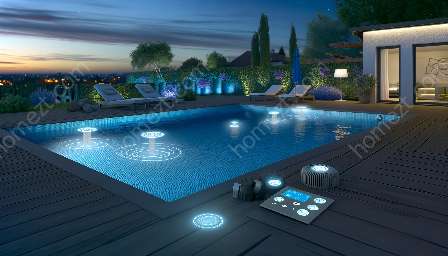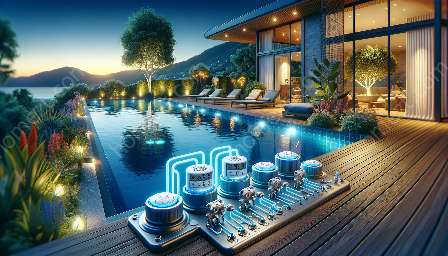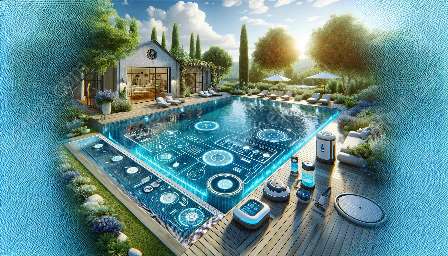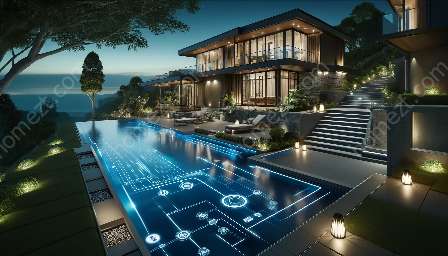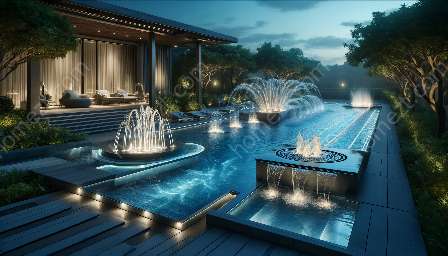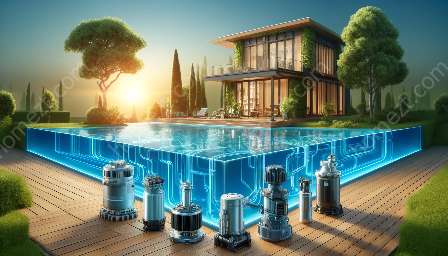Filtration systems play a crucial role in maintaining the cleanliness and functionality of swimming pools and spas. When integrated with pool automation, these systems offer efficient and effective solutions for maintaining water quality, reducing maintenance efforts, and enhancing the overall swimming experience.
Understanding Filtration Systems
A filtration system is designed to remove impurities, debris, and contaminants from the water, ensuring that the pool or spa water remains clean and safe for use. There are several types of filtration systems, each with its own unique features and benefits:
- Sand Filters: These filters use specially graded sand to trap particles and impurities from the water. They are cost-effective and easy to maintain, making them a popular choice for swimming pool filtration.
- Cartridge Filters: Cartridge filters contain a pleated polyester filter material that captures debris and contaminants. They provide excellent filtration and are easy to clean and maintain.
- Diatomaceous Earth (DE) Filters: DE filters use a fine powder that coats the filter elements and captures even the smallest particles. They are known for their exceptional filtration efficiency.
Benefits of Filtration Systems
Integrating filtration systems with pool automation offers numerous benefits:
- Increased Efficiency: Filtration systems combined with pool automation can operate more efficiently, saving energy and reducing water usage.
- Enhanced Water Quality: Clean and well-filtered water enhances the overall swimming experience, ensuring a safe and healthy environment for swimmers.
- Automated Maintenance: Pool automation systems can monitor the filtration process and adjust settings as needed, reducing the need for manual maintenance and oversight.
- Scheduled Filtration Cycles: Users can program the filtration system to run at specific times, ensuring consistent and efficient filtration without manual intervention.
- Remote Monitoring: Pool owners can monitor the filtration process remotely, allowing them to address any issues or make adjustments as needed, even when they are not physically present at the pool or spa.
- Optimized Water Circulation: Automation systems can coordinate the operation of filtration and circulation equipment, ensuring uniform water distribution and efficient filtration throughout the pool or spa.
- Variable Speed Pumps: These pumps allow users to adjust the flow rate and energy consumption, optimizing filtration and circulation based on specific needs and conditions.
- Real-Time Data Analysis: Some automation systems can analyze water quality data in real time, automatically adjusting filtration settings to maintain optimal water balance and clarity.
Pool Automation and Filtration Integration
With the advancement of technology, pool automation systems have become increasingly sophisticated and can now seamlessly integrate with filtration systems. Automated features such as scheduling, remote monitoring, and real-time adjustments make it easier to maintain optimal water quality and reduce the burden of manual maintenance.
Integration of pool automation with filtration systems enables:
Efficient Filtration Techniques
Advanced filtration techniques further enhance the effectiveness of filtration systems when integrated with pool automation:
Conclusion
Filtration systems are indispensable components of swimming pools and spas, contributing to water quality, cleanliness, and user experience. When seamlessly integrated with pool automation, they offer a comprehensive and convenient solution for maintaining optimal water quality while minimizing manual effort and oversight. By embracing efficient filtration techniques and integrating advanced technology, pool owners can ensure that their swimming pools and spas remain clean, safe, and inviting for all users.

